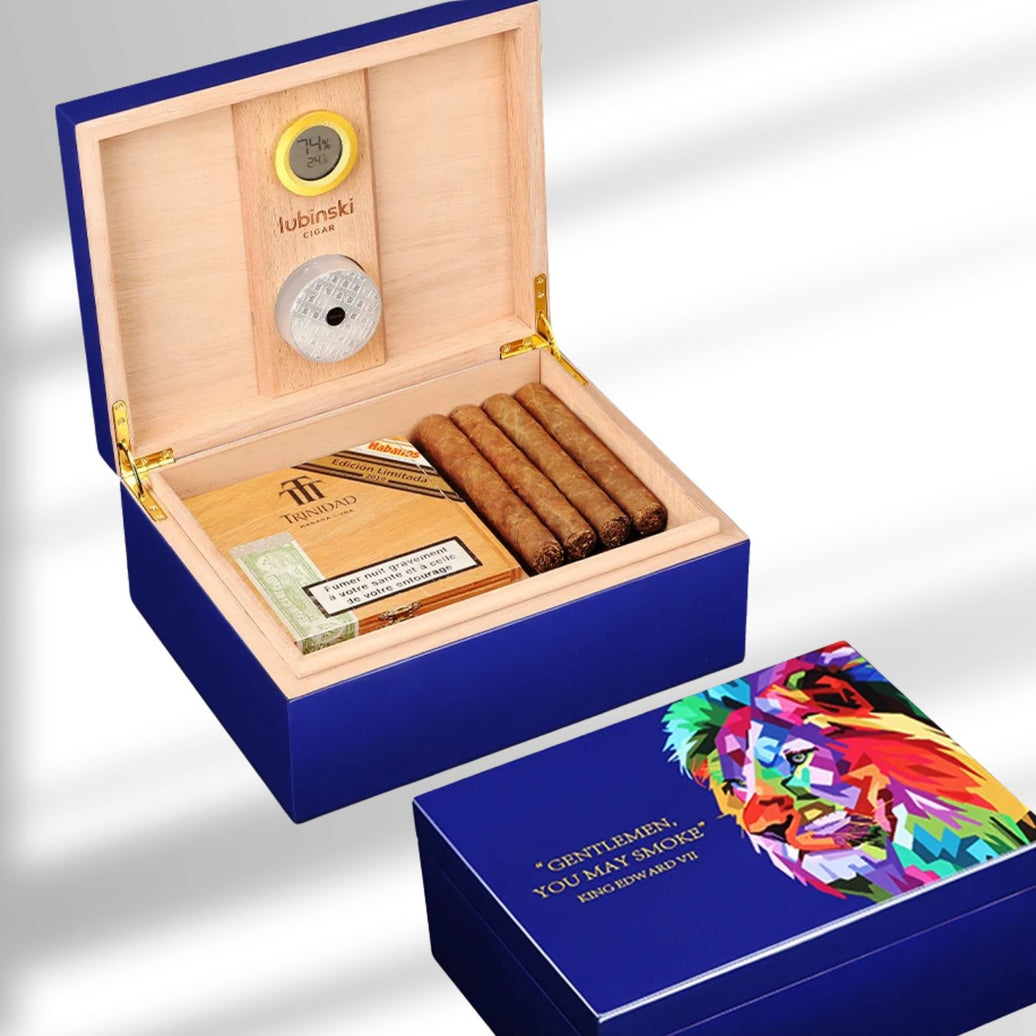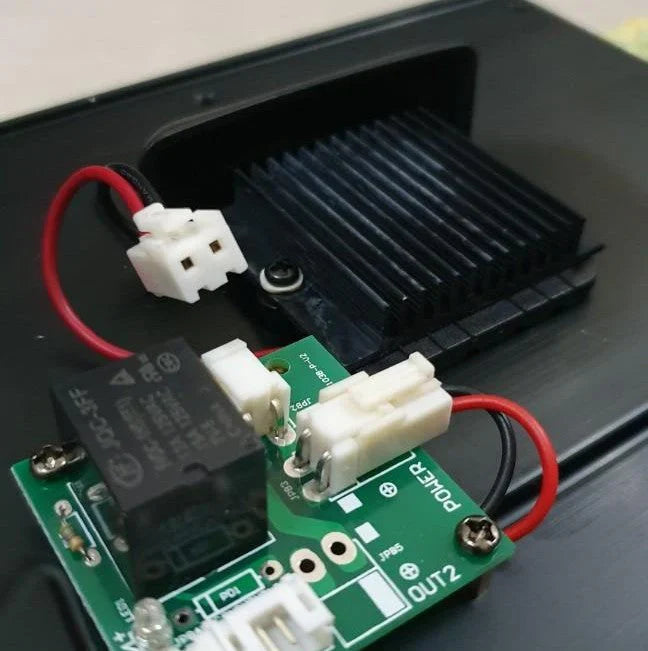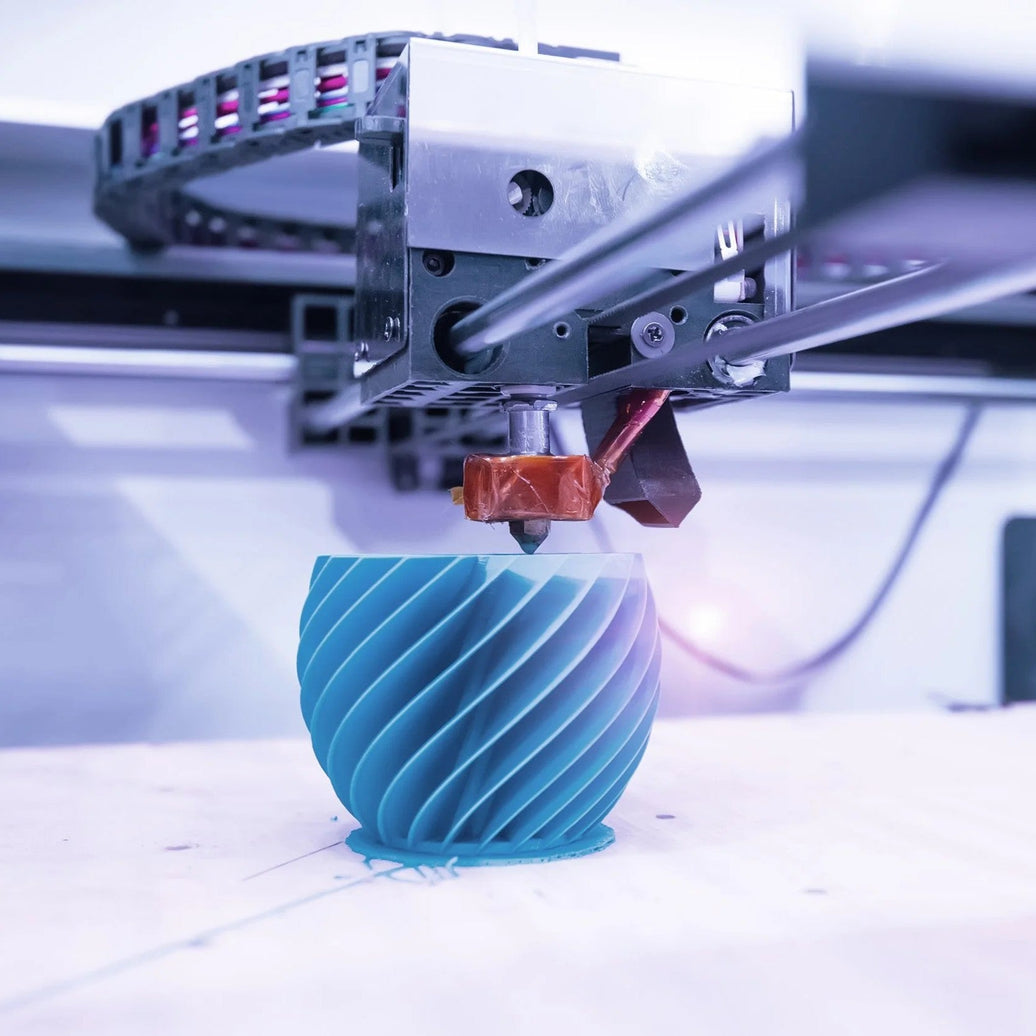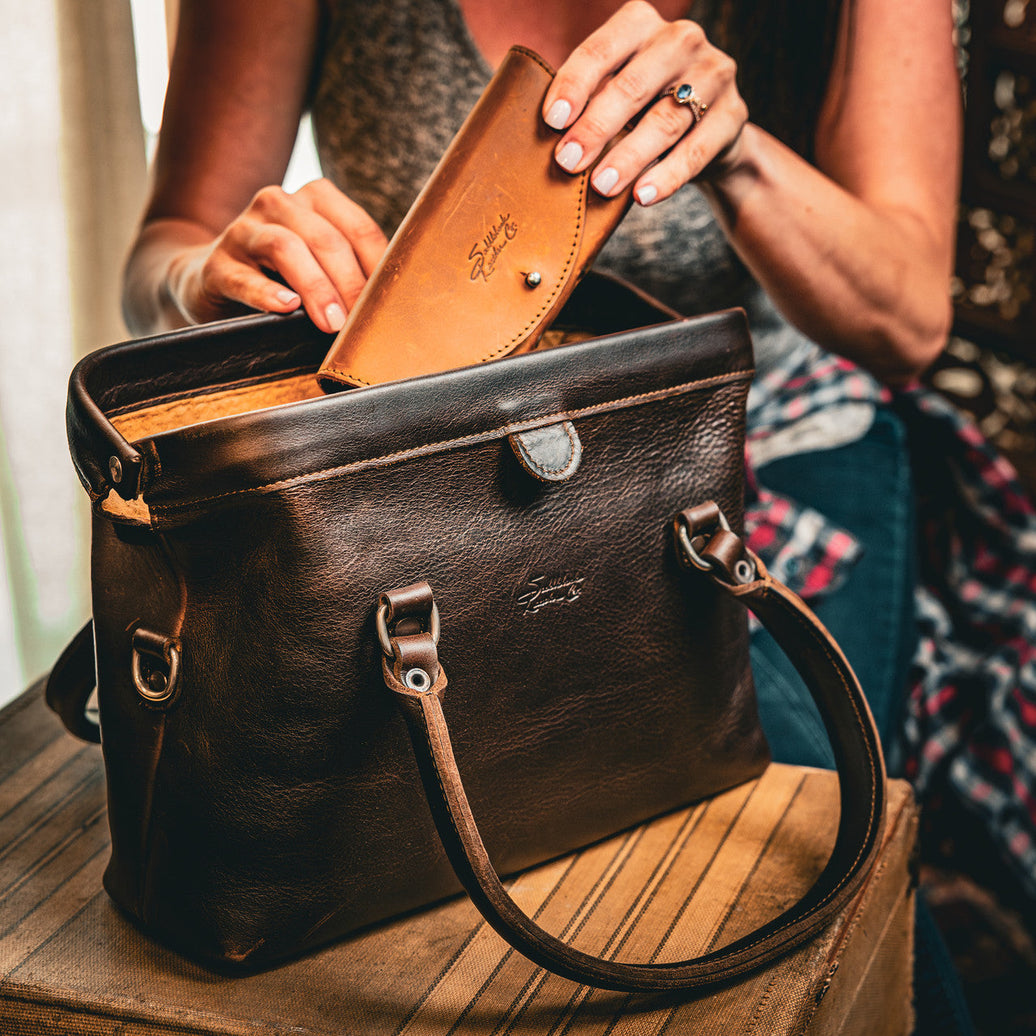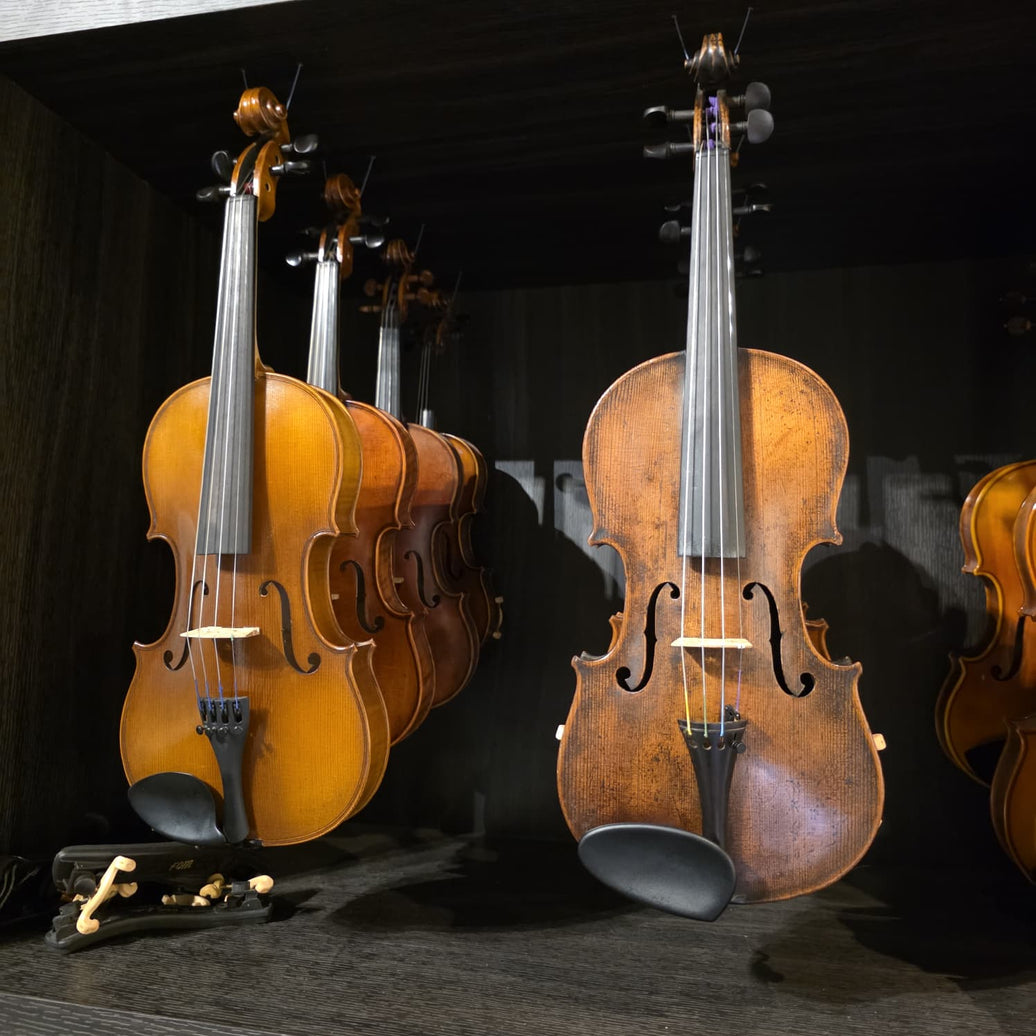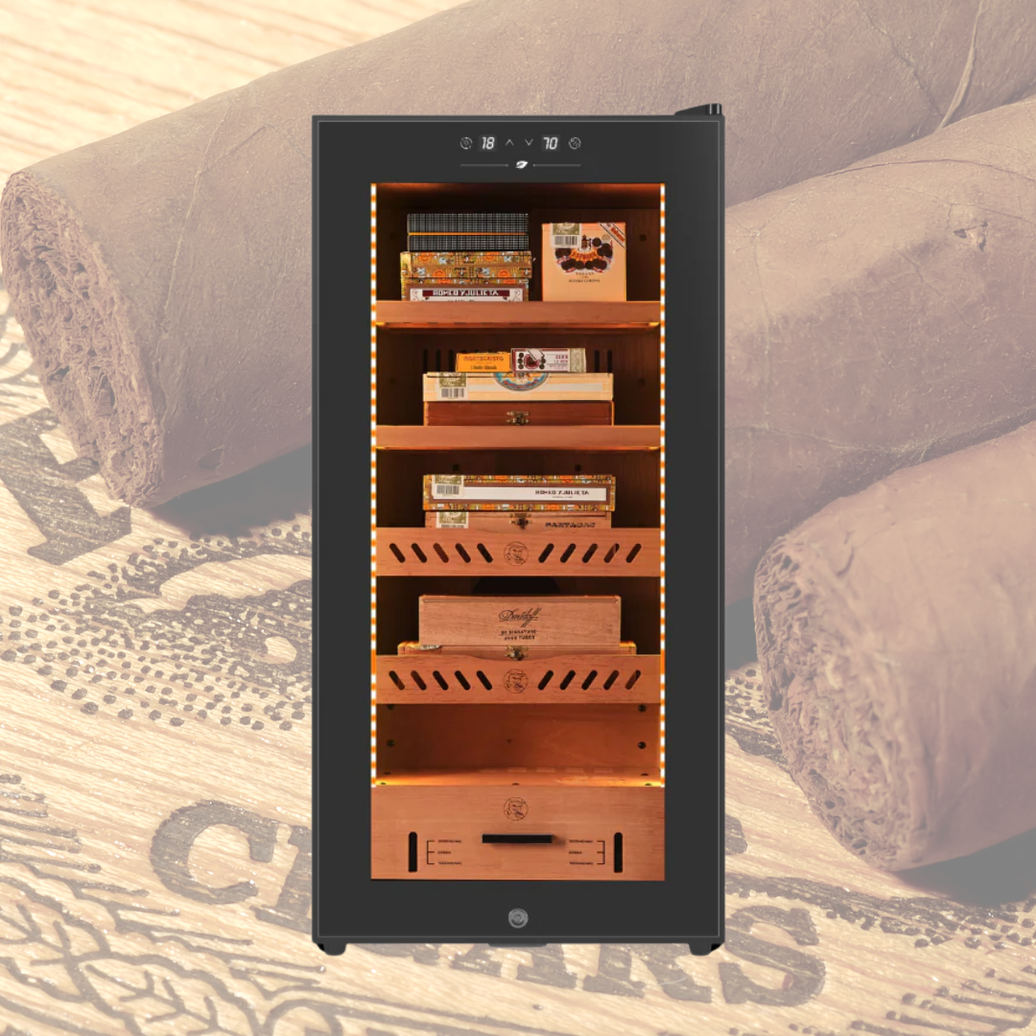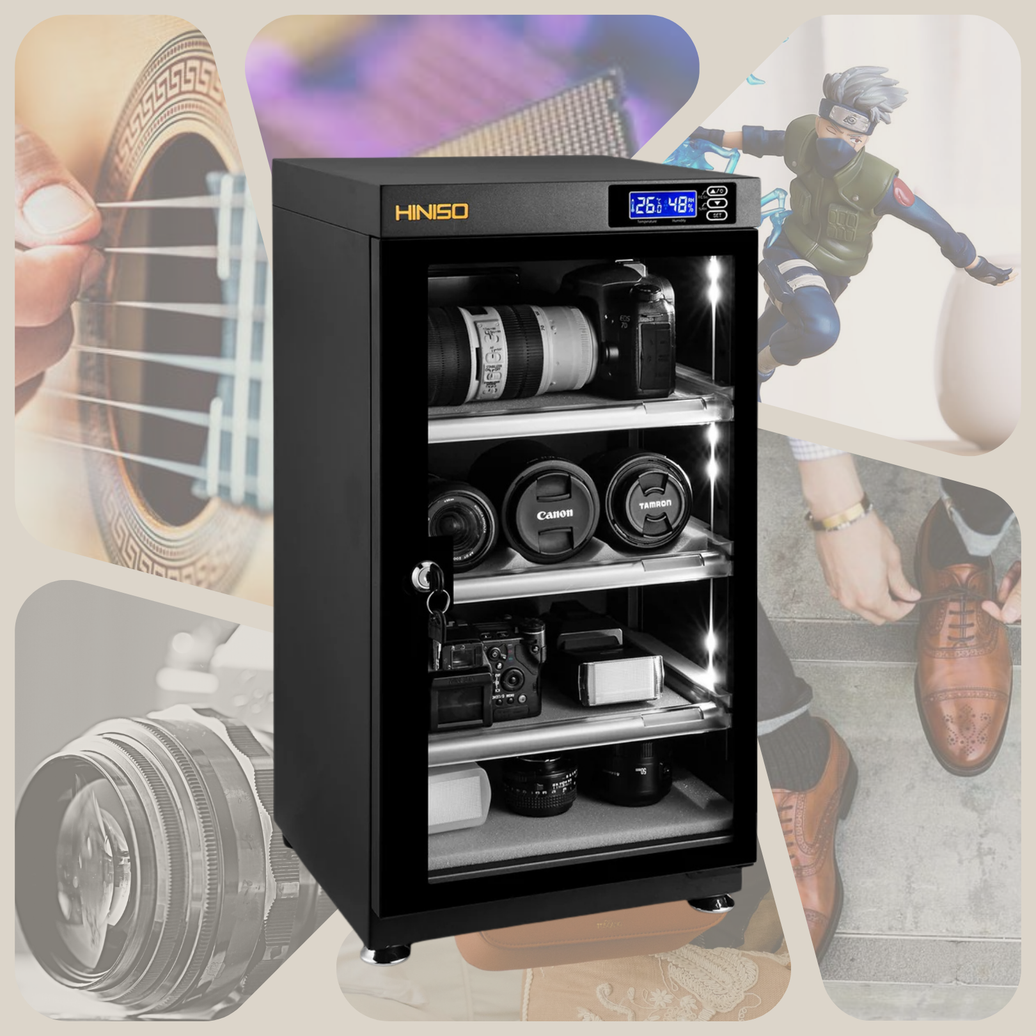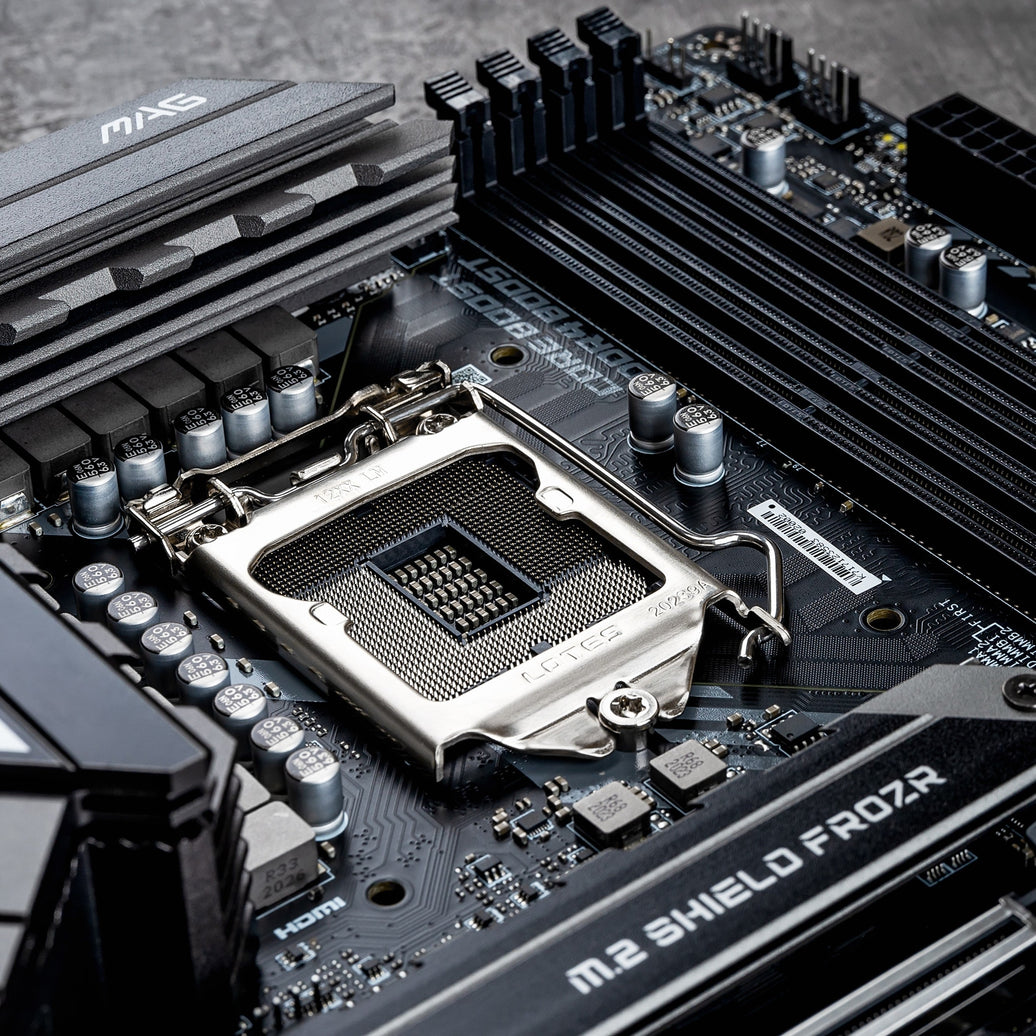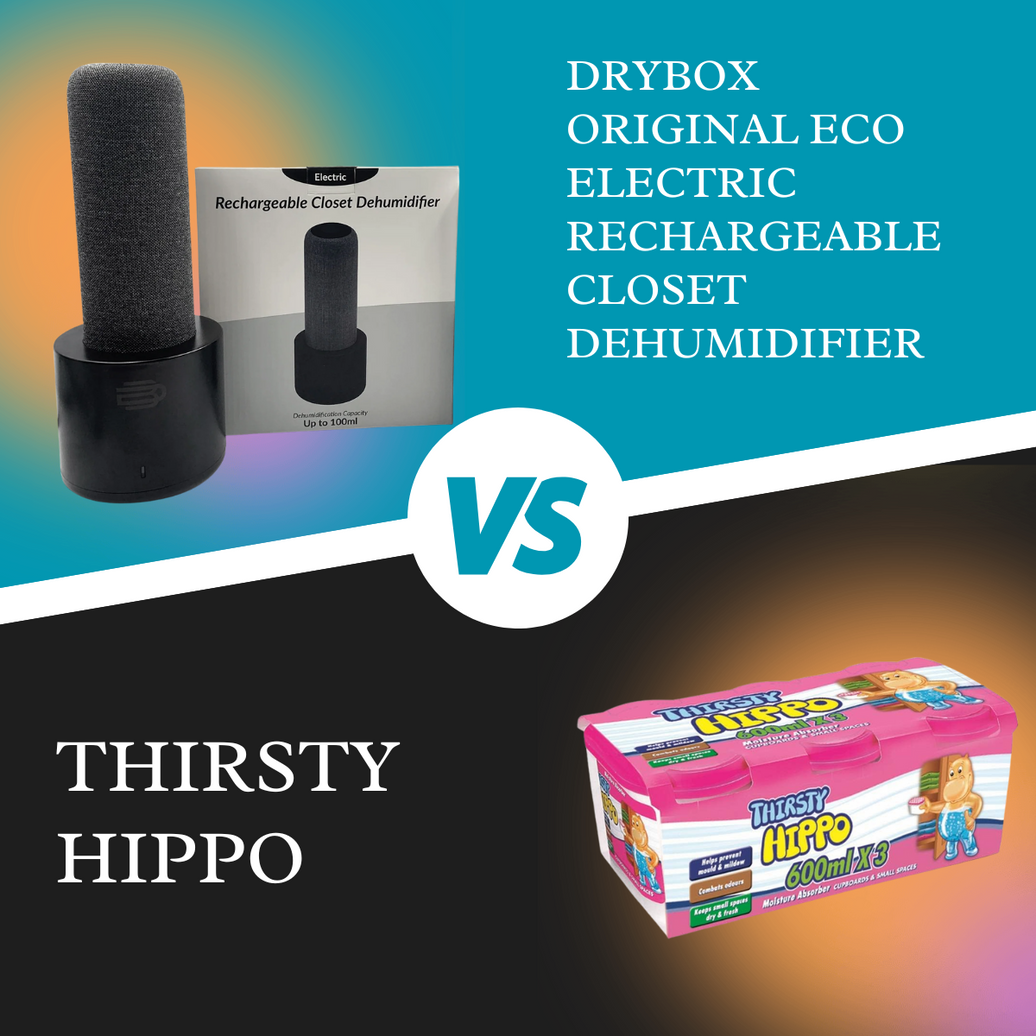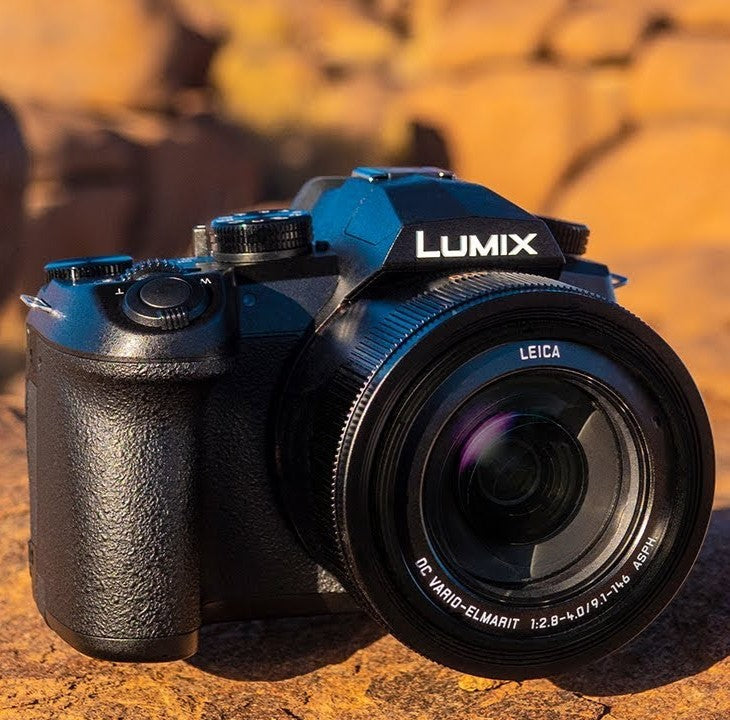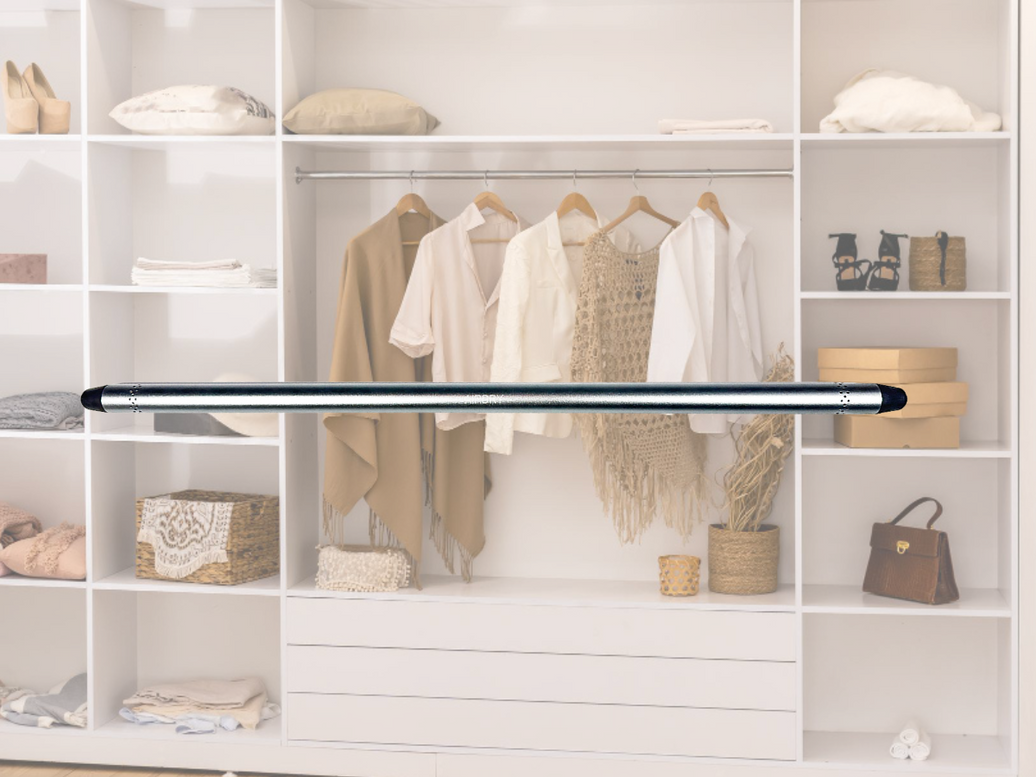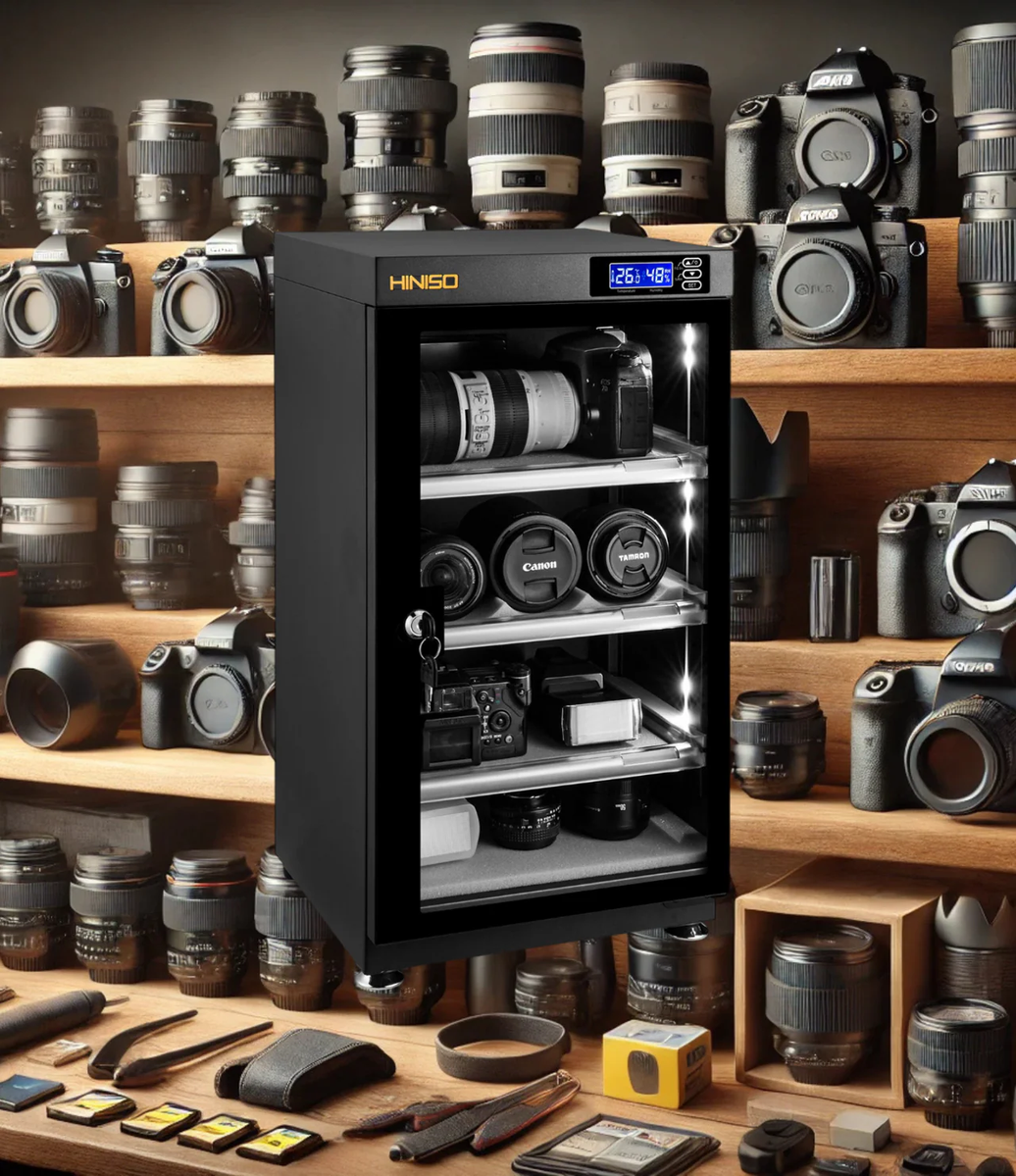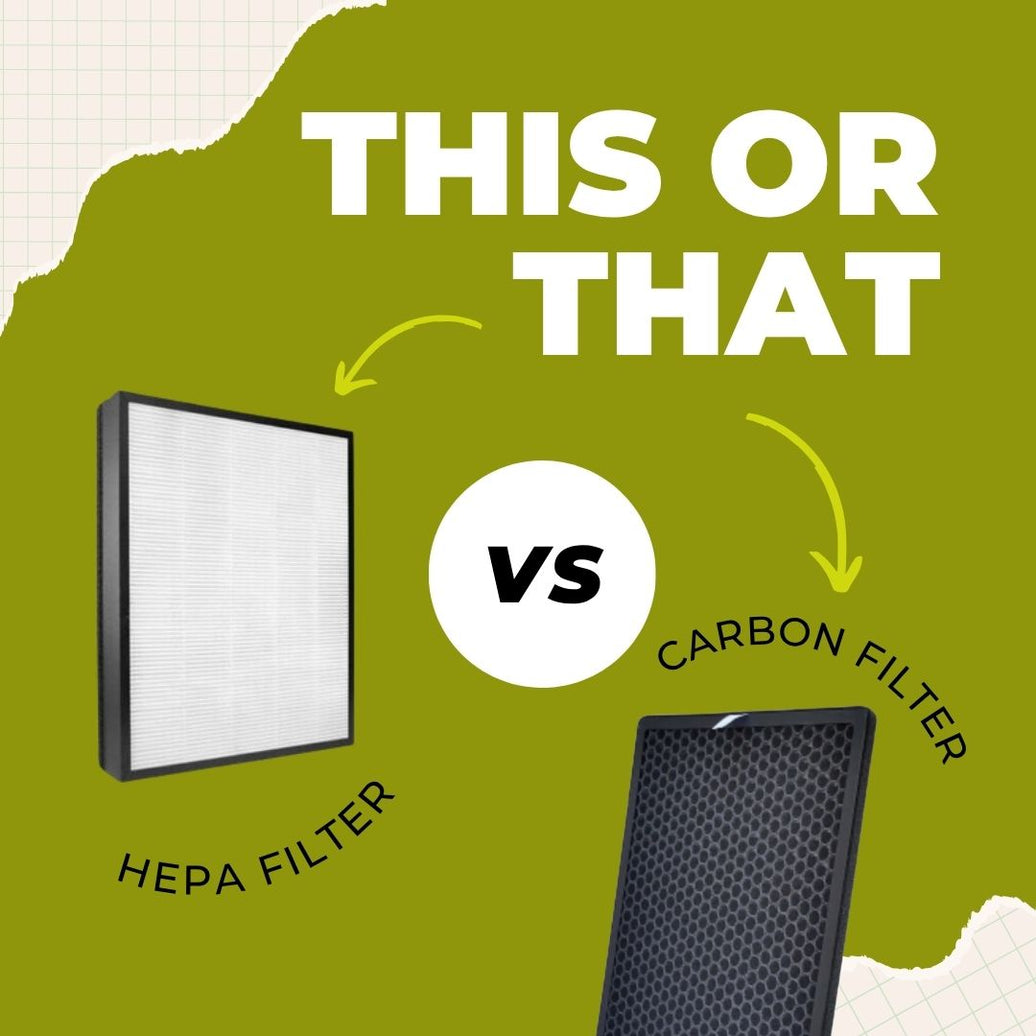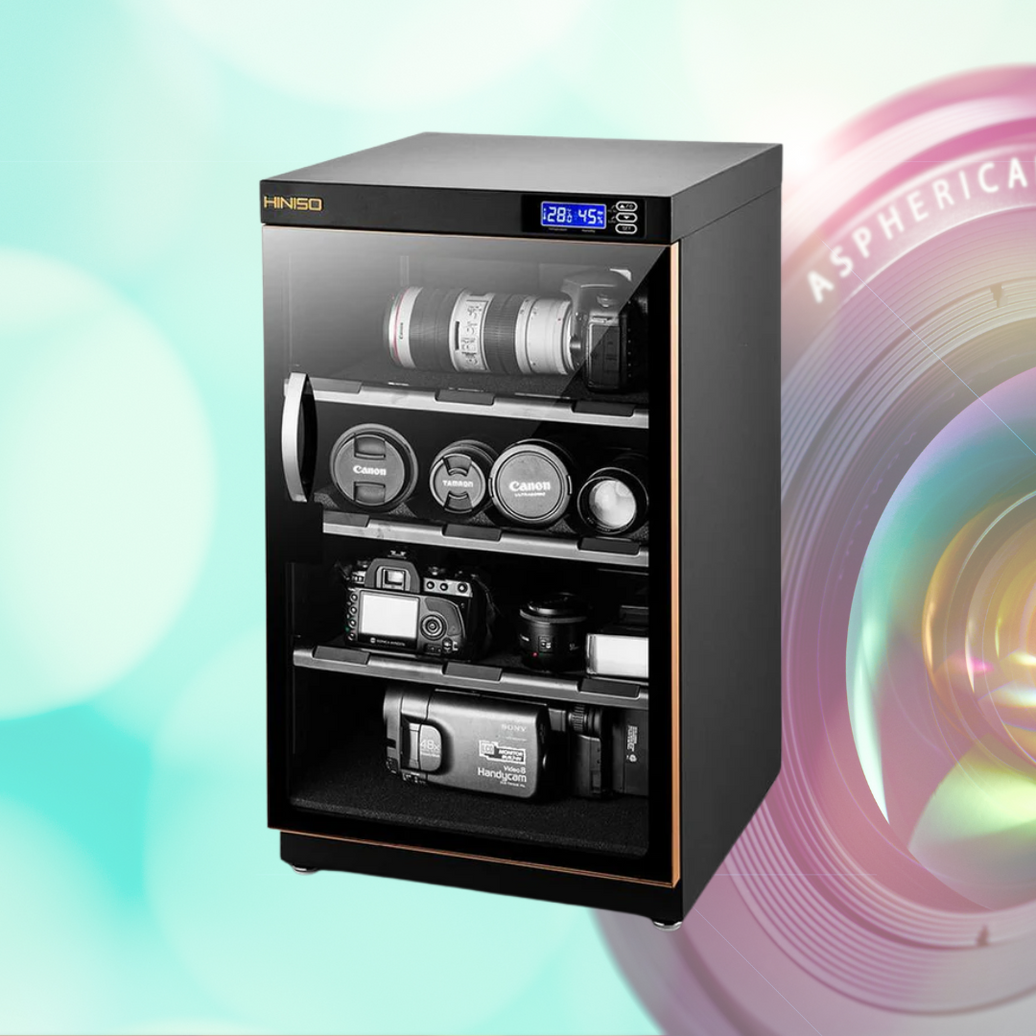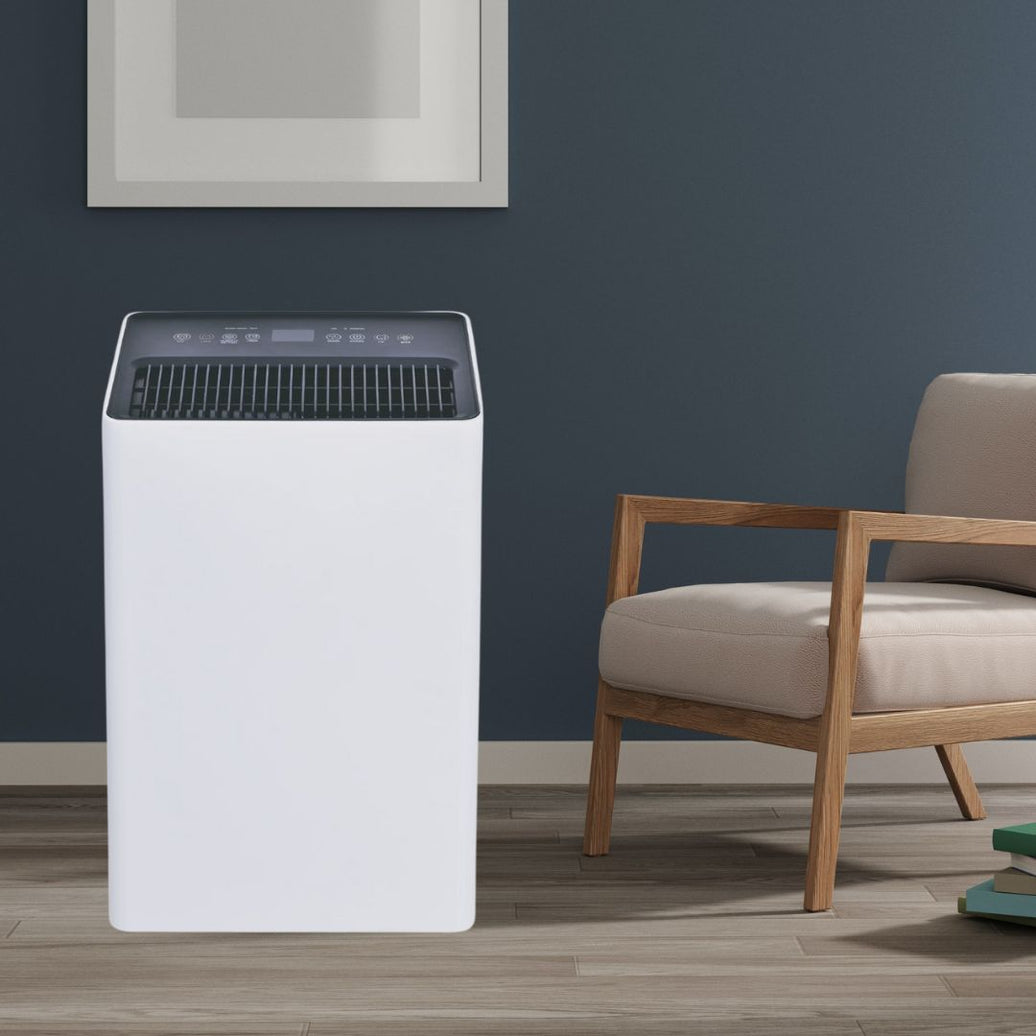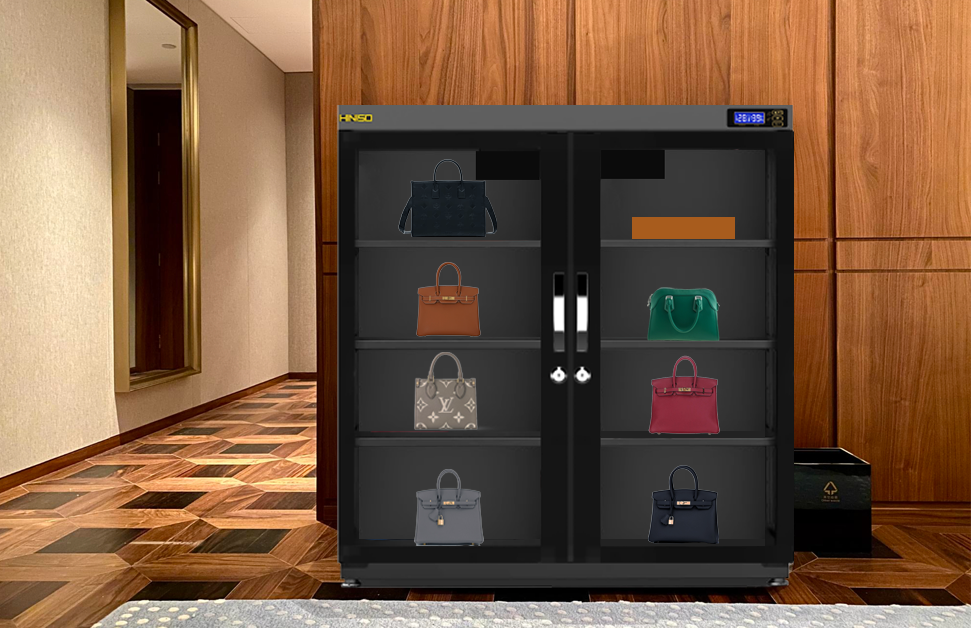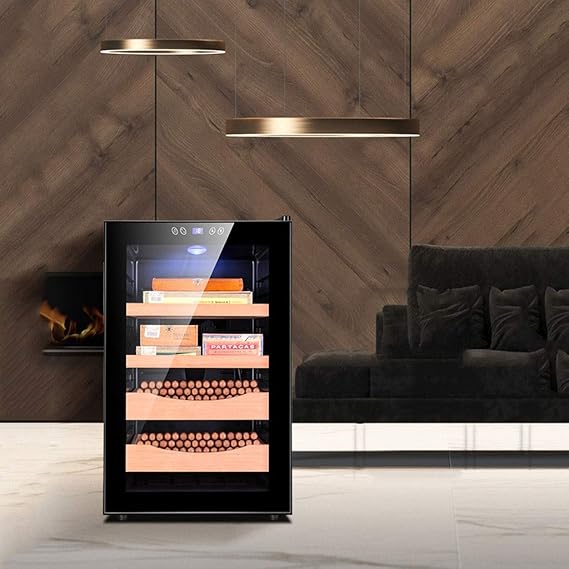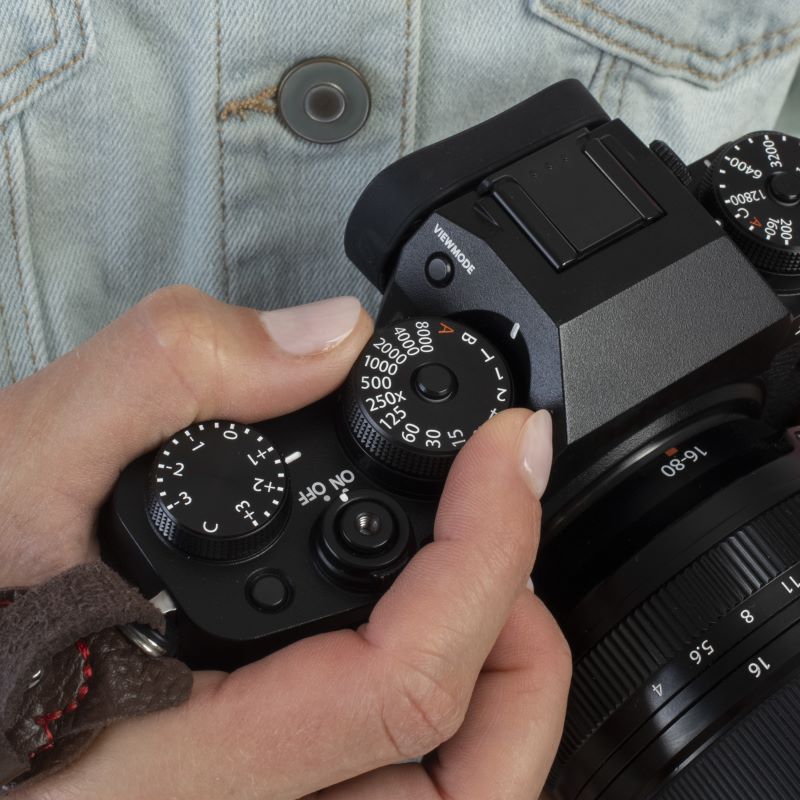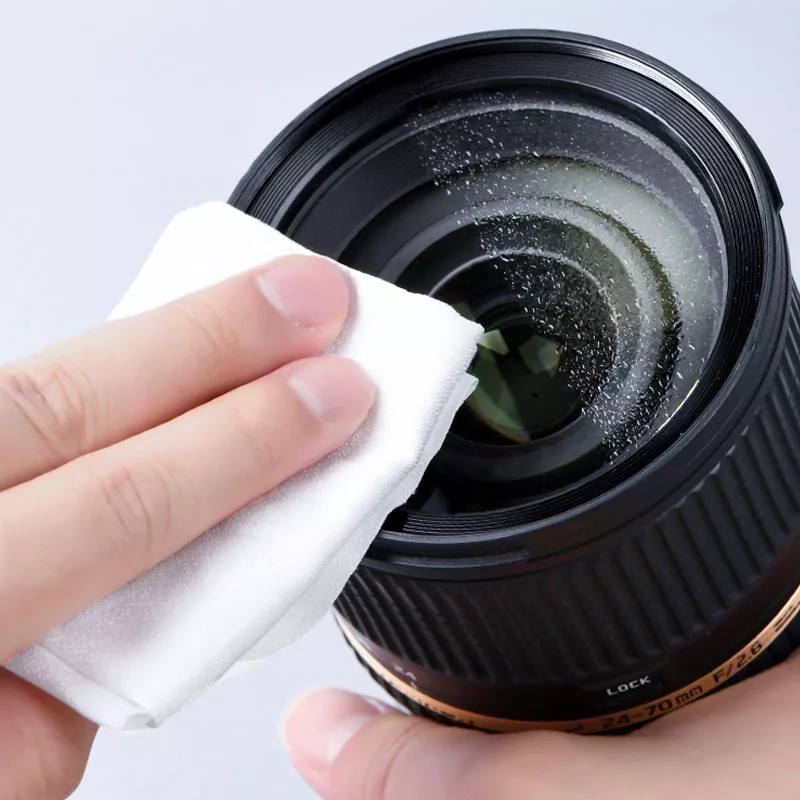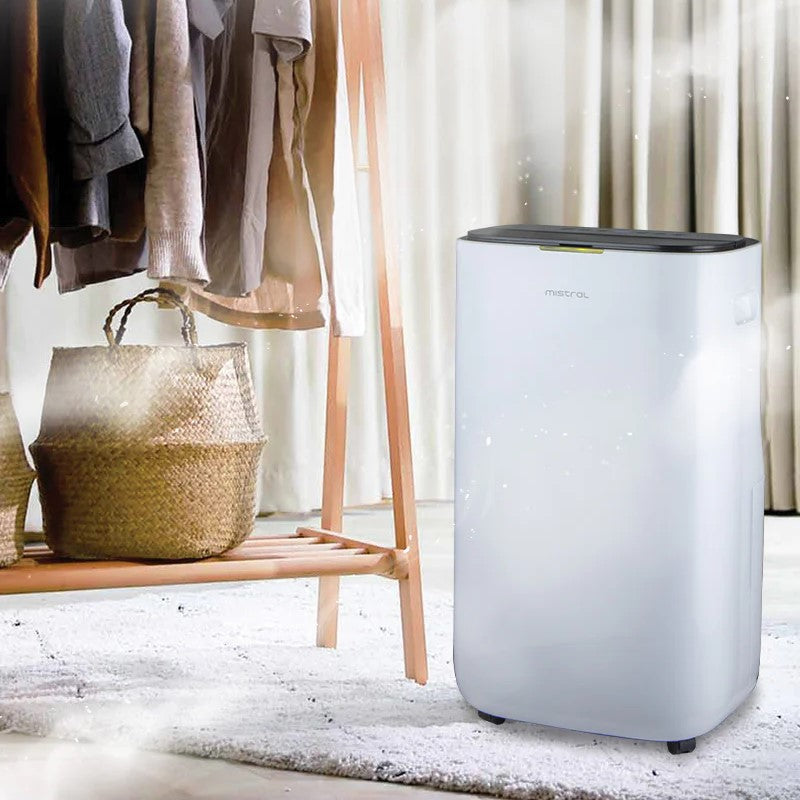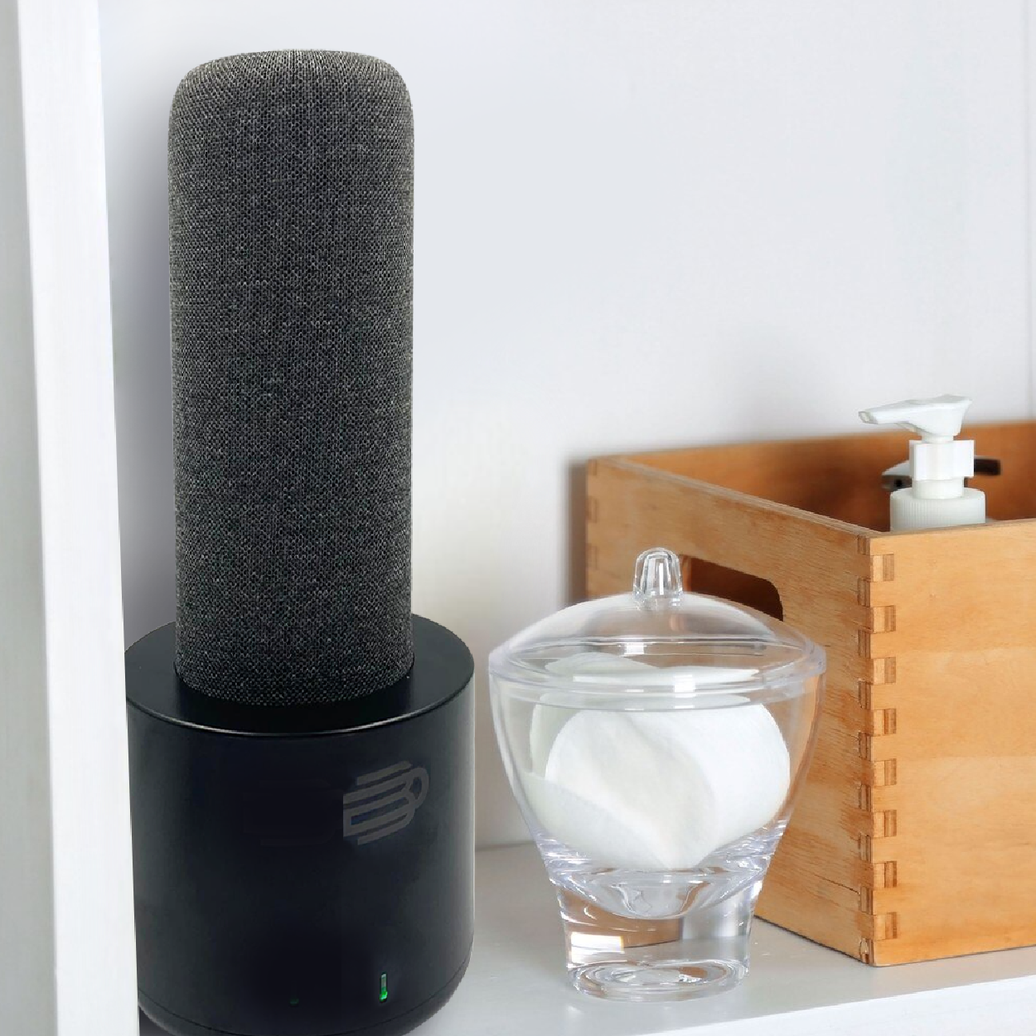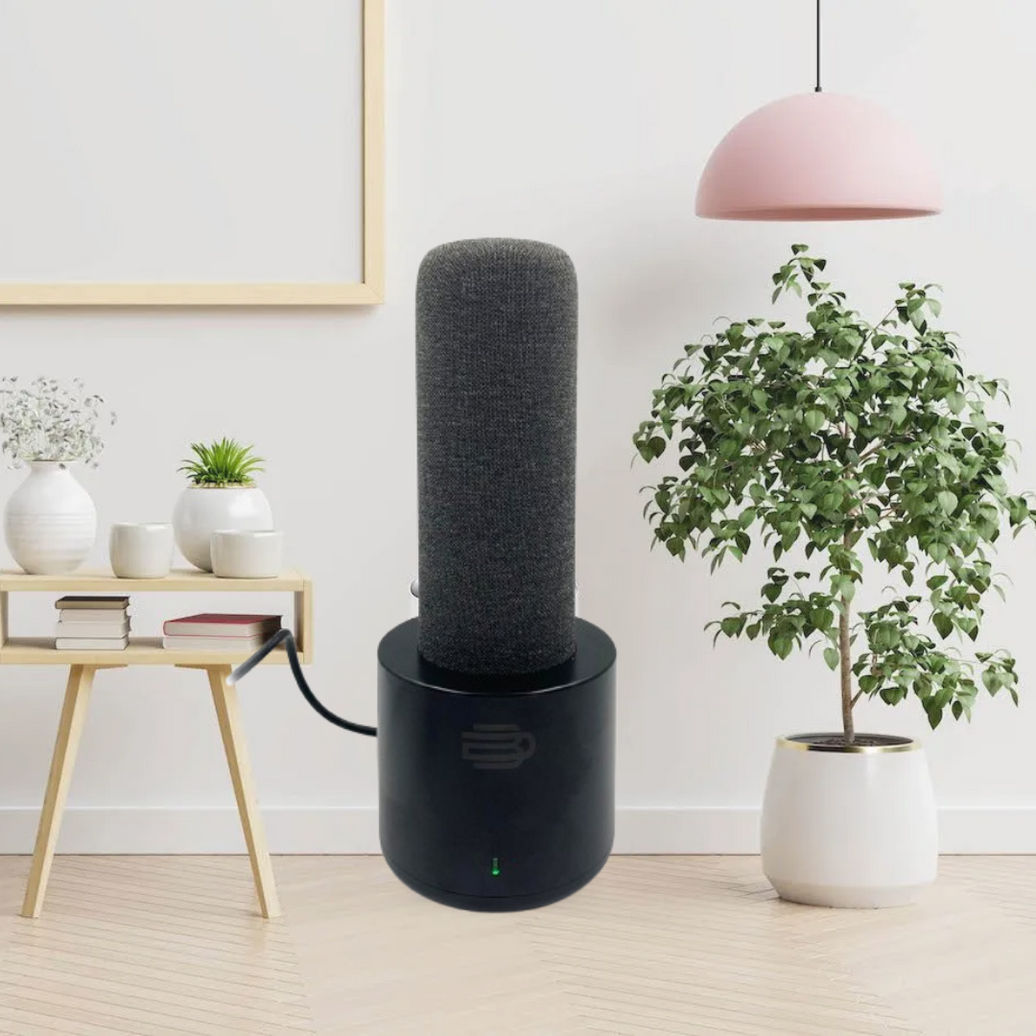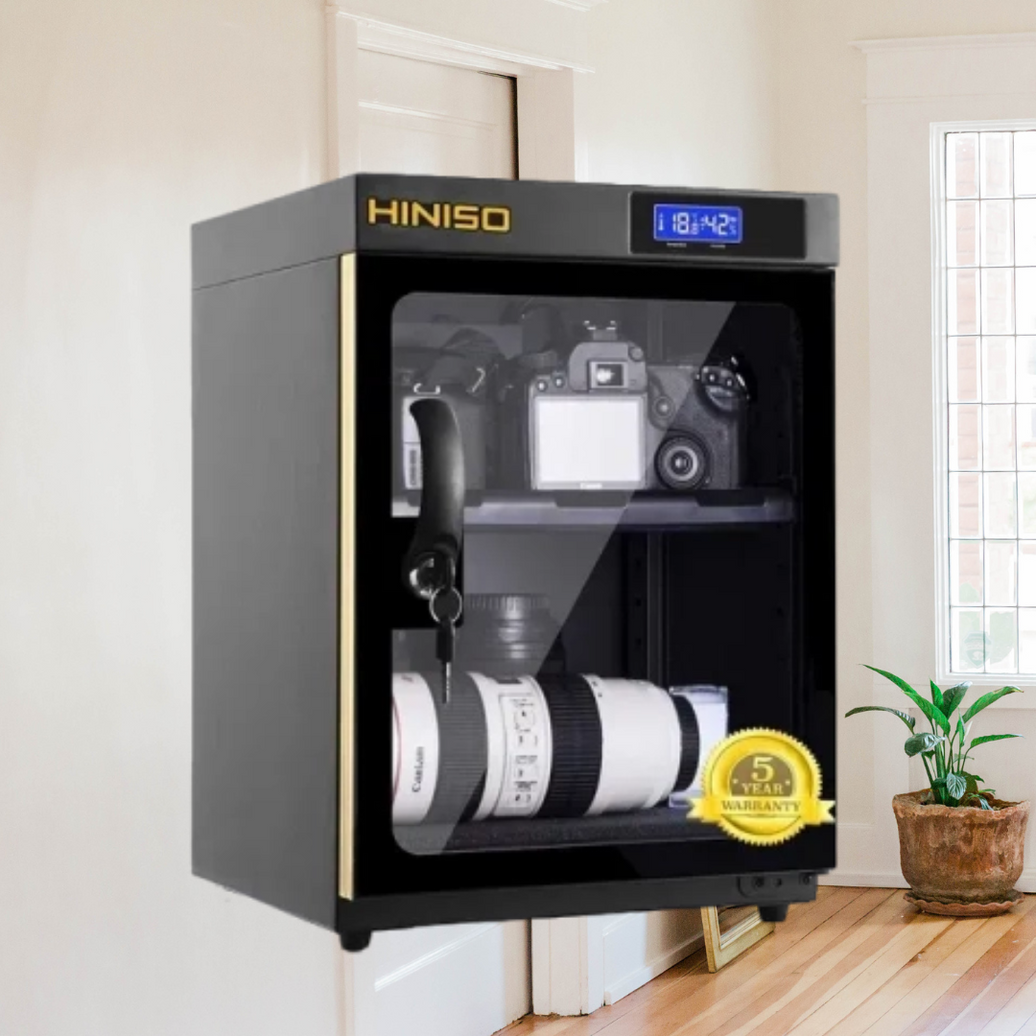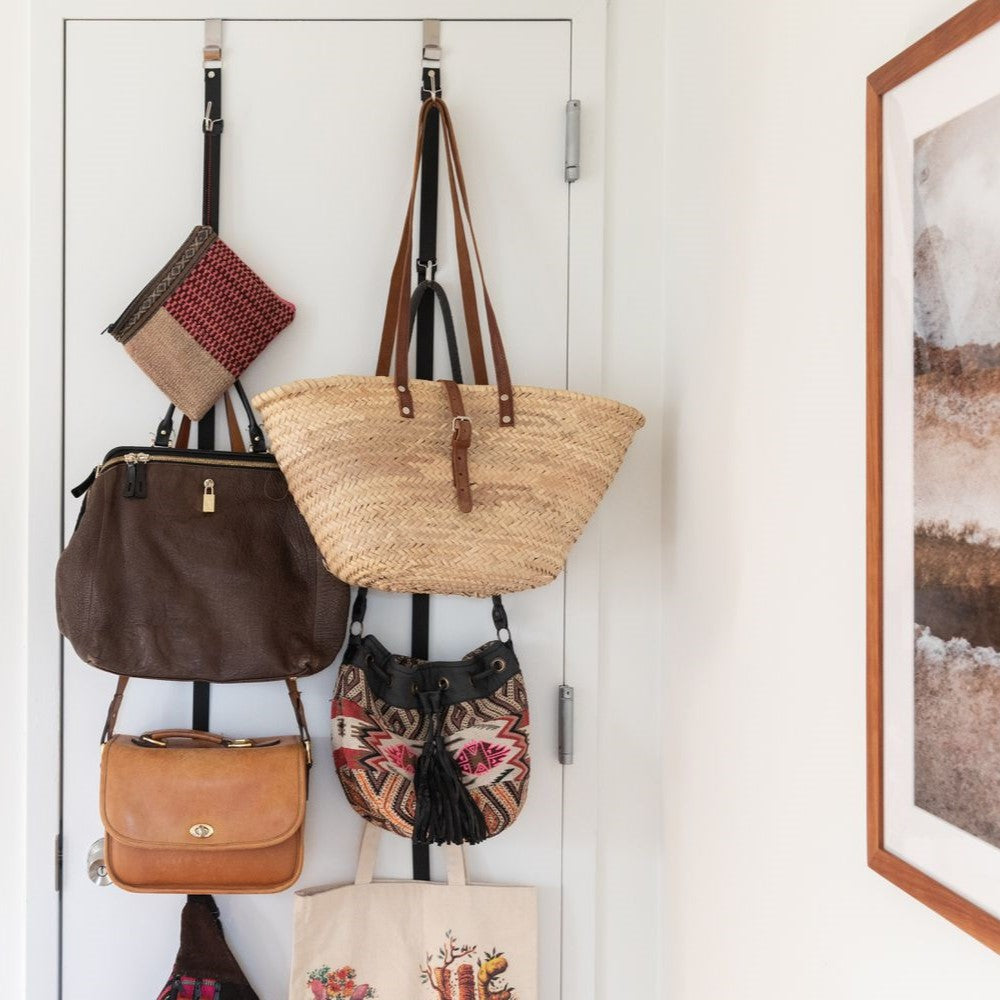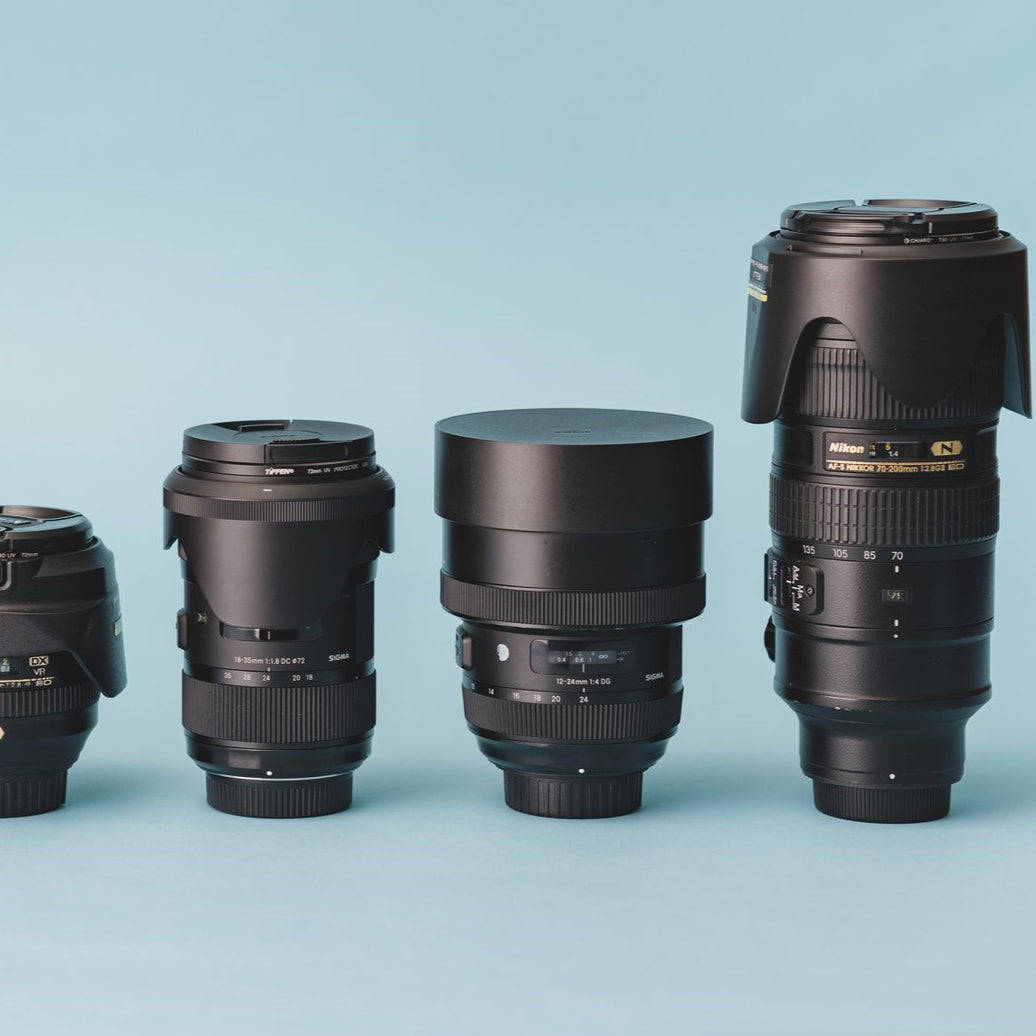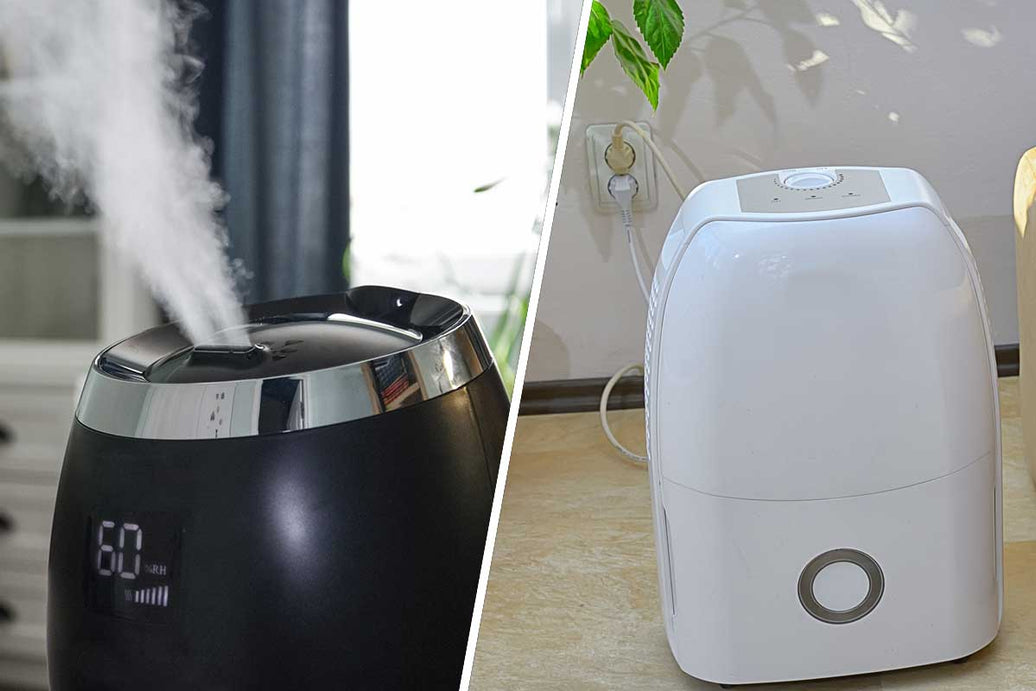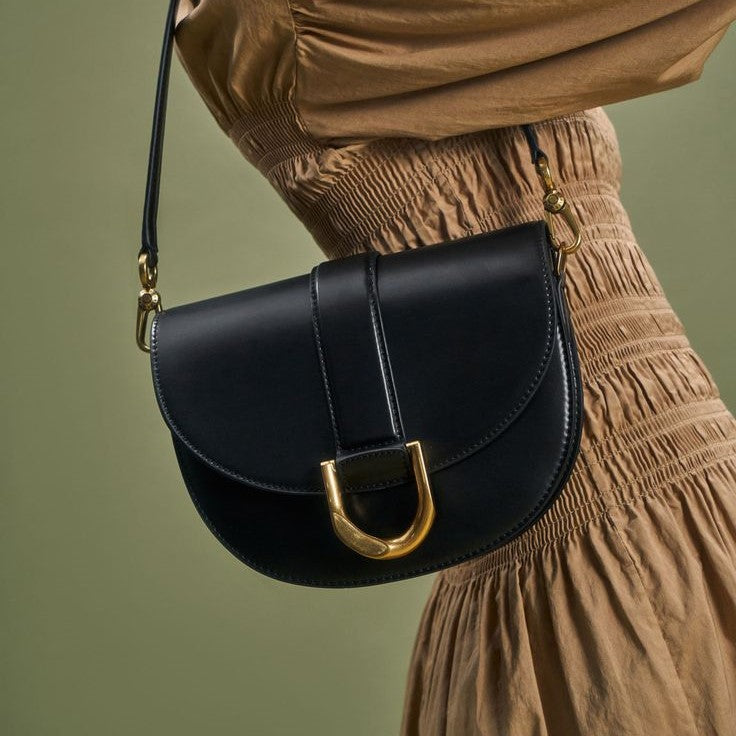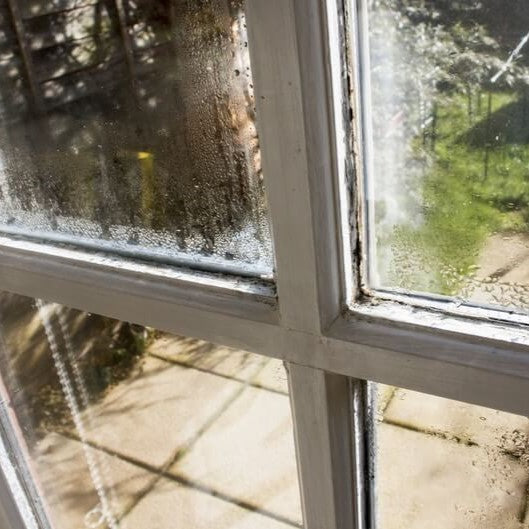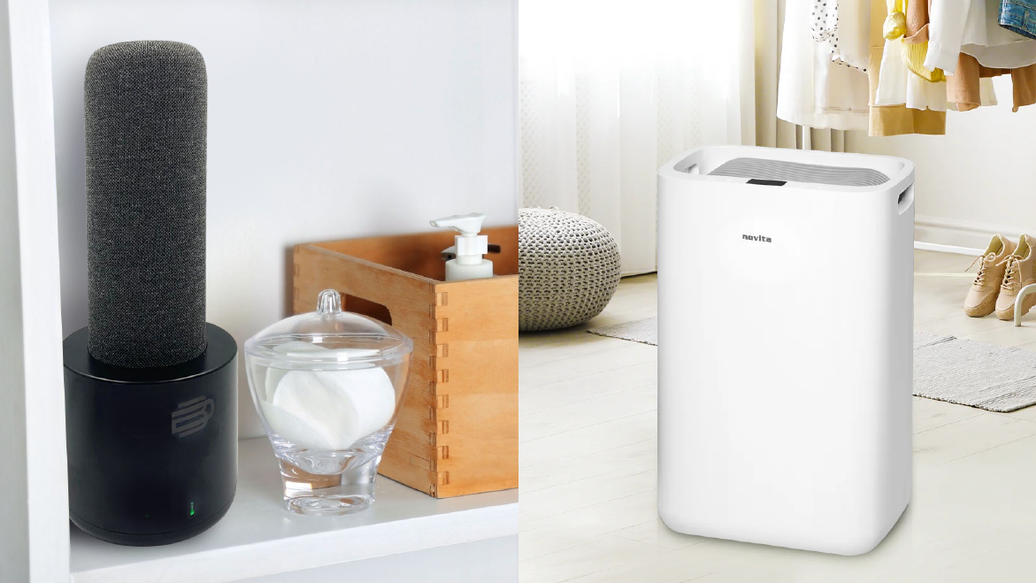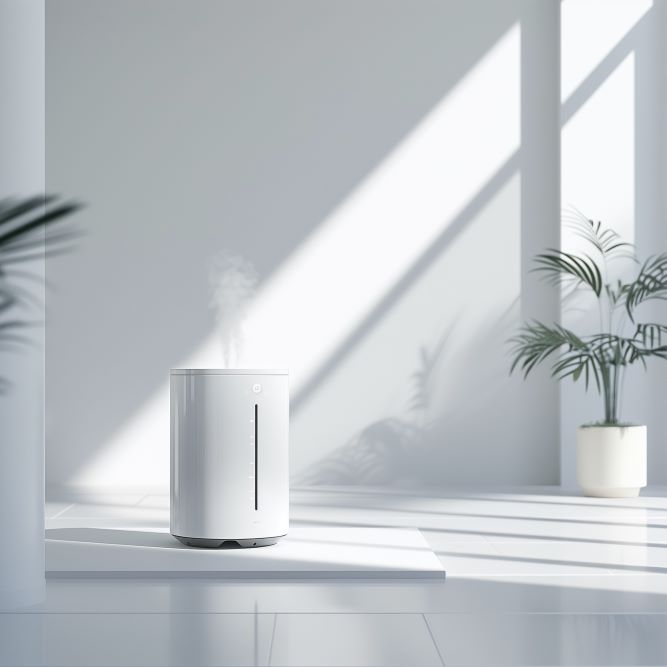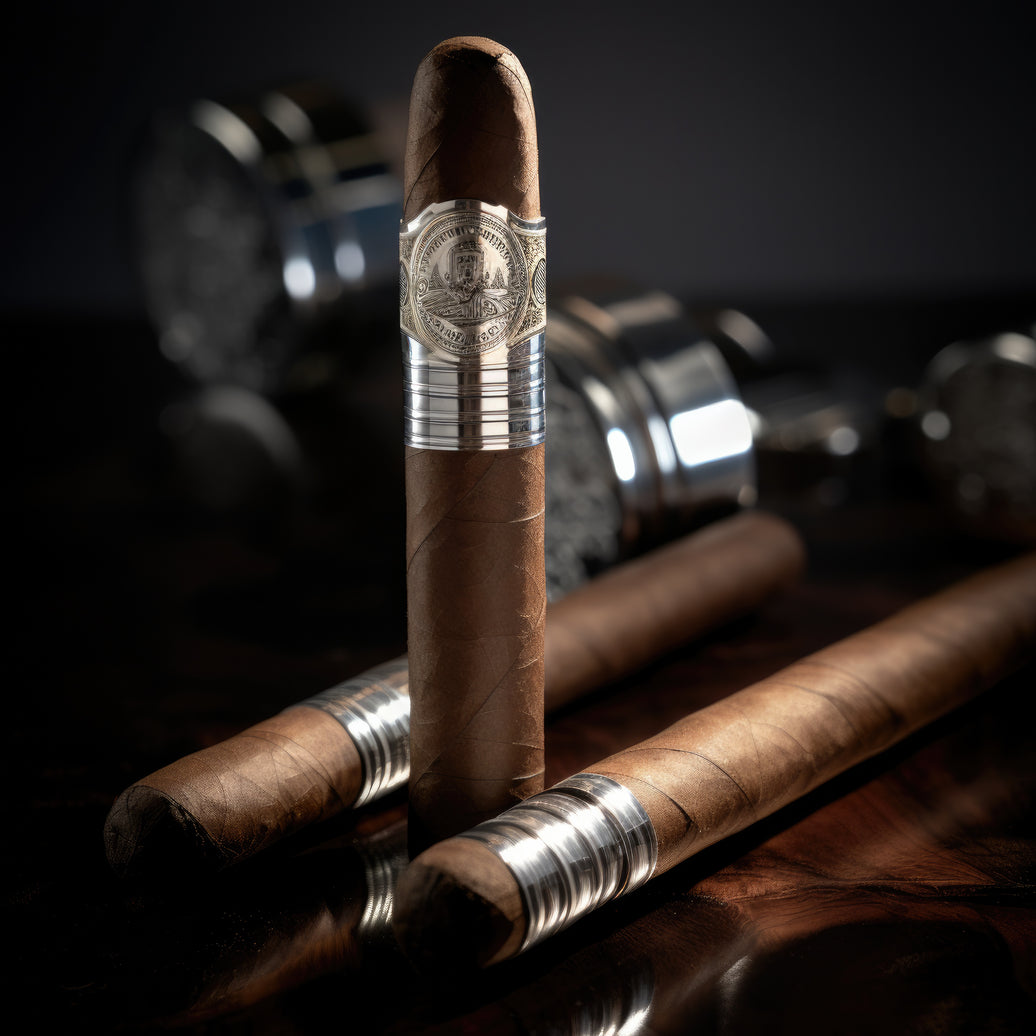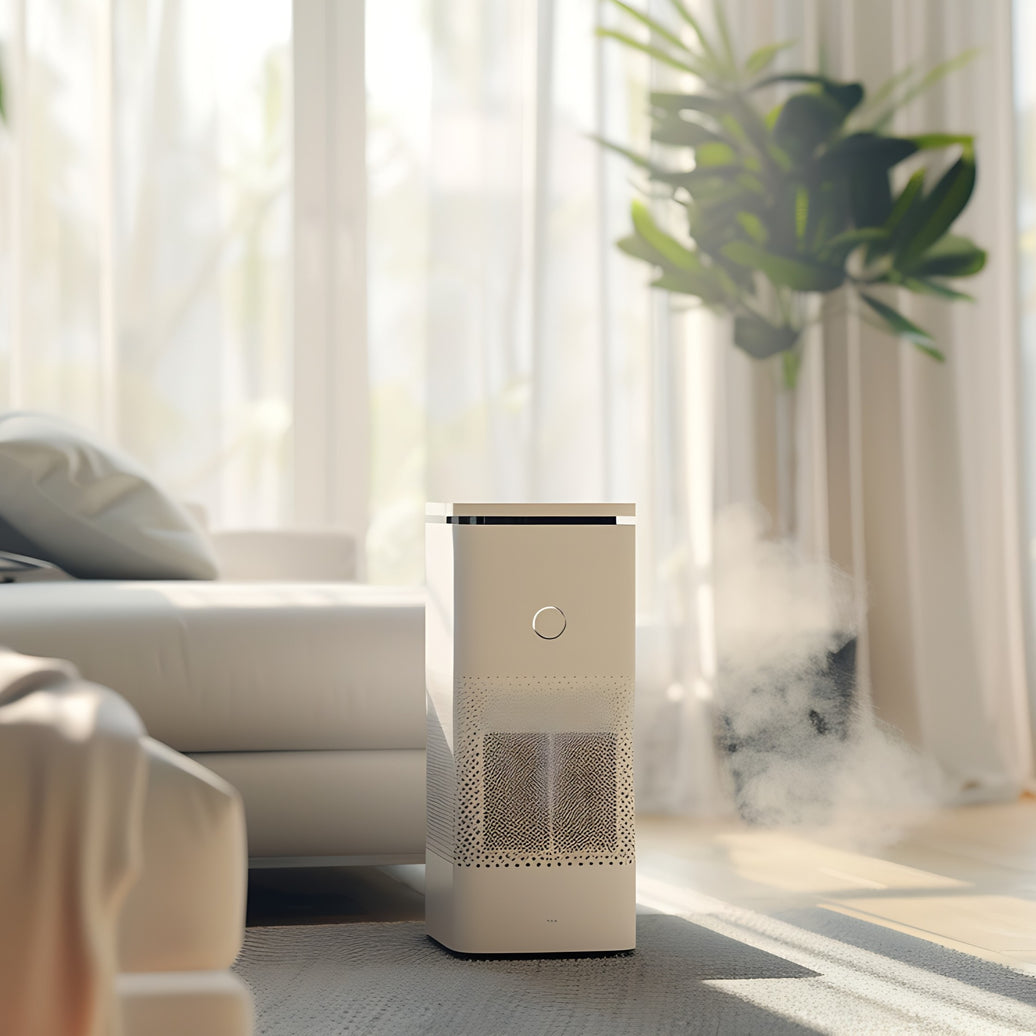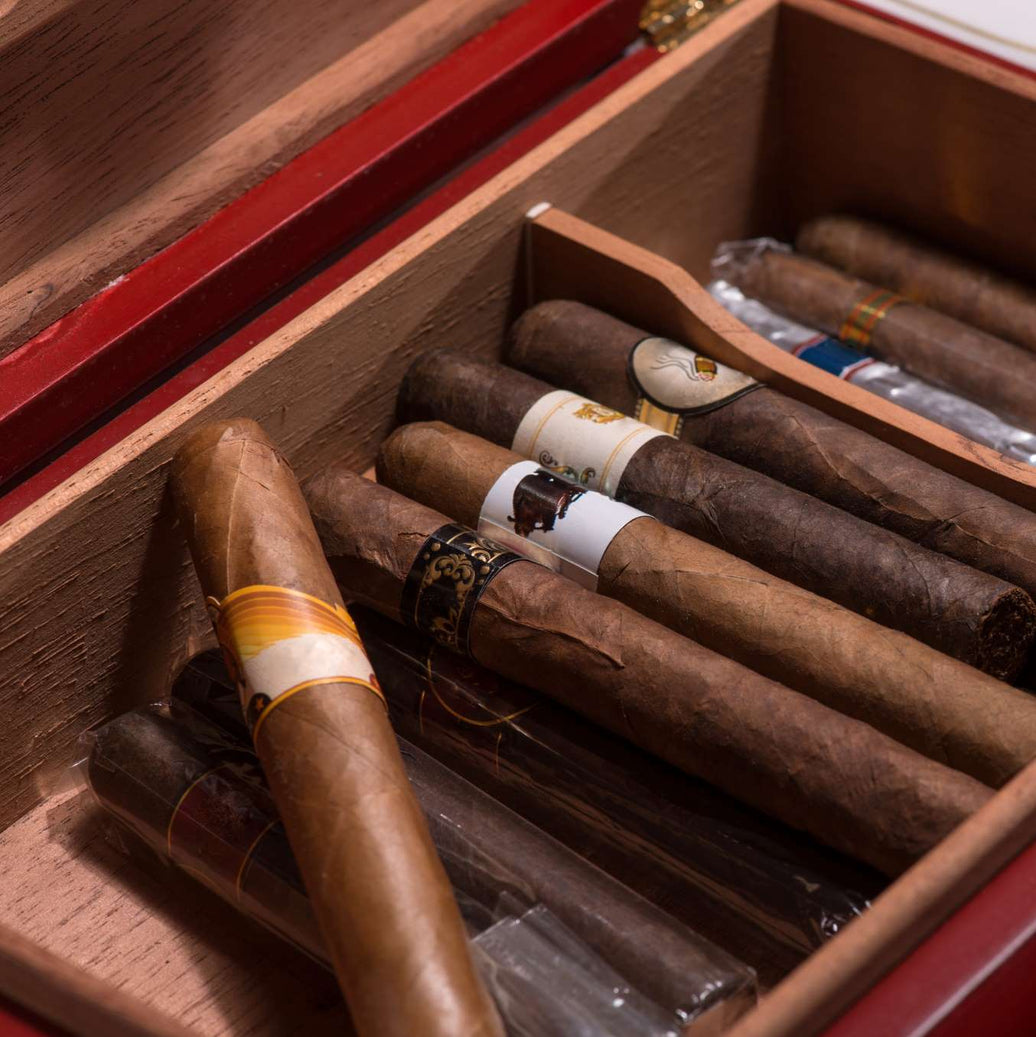When it comes to musical instruments, there's more to their well-being than meets the eye. Beyond regular maintenance and proper handling, controlling the environment in which they are stored plays a pivotal role in preserving their integrity and ensuring they produce harmonious melodies.
Dry cabinets have emerged as a crucial tool for maintaining ideal humidity levels, safeguarding an array of instruments. In this comprehensive guide, we explore the types of musical instruments that stand to benefit the most from dry cabinets.

1. Woodwind Instruments:
- Flutes, clarinets, and saxophones, all of which have wooden components, are highly susceptible to changes in humidity. Dry cabinets maintain a consistent humidity level, preventing warping, cracking, and changes in tone quality.
2. String Instruments:
- Violins, violas, cellos, and double basses, primarily crafted from wood, are prone to deformation and structural damage due to fluctuating humidity. Dry cabinets help these instruments maintain their shape and tonal quality.
3. Guitars:
- Acoustic and classical guitars, in particular, require stable humidity conditions. Dry cabinets protect their wooden bodies and necks from warping, ensuring optimal playability and resonance.
4. Harps:
- Harps, with their intricate wooden frames and strings, can experience tension changes and structural issues in fluctuating humidity. Dry cabinets help maintain their delicate balance and resonance.
5. Drums:
- Drum kits often have wooden components in their shells and drumsticks. Dry cabinets preserve the structural integrity of these components, allowing for consistent sound quality and tuning.
6. Ethnic and Antique Instruments:
- Valuable and antique instruments from various cultures, made from materials like bamboo, bone, or hide, can benefit from dry cabinets that protect them from humidity-induced deterioration.
7. Brass Instruments:
- While not as humidity-sensitive as wood, brass instruments like trumpets and trombones still benefit from stable humidity environments, as excessive moisture can lead to tarnishing and corrosion.
8. Wooden Percussion Instruments:
- Instruments like marimbas and xylophones with wooden resonators are sensitive to humidity changes. Dry cabinets maintain their shape and tonal qualities.
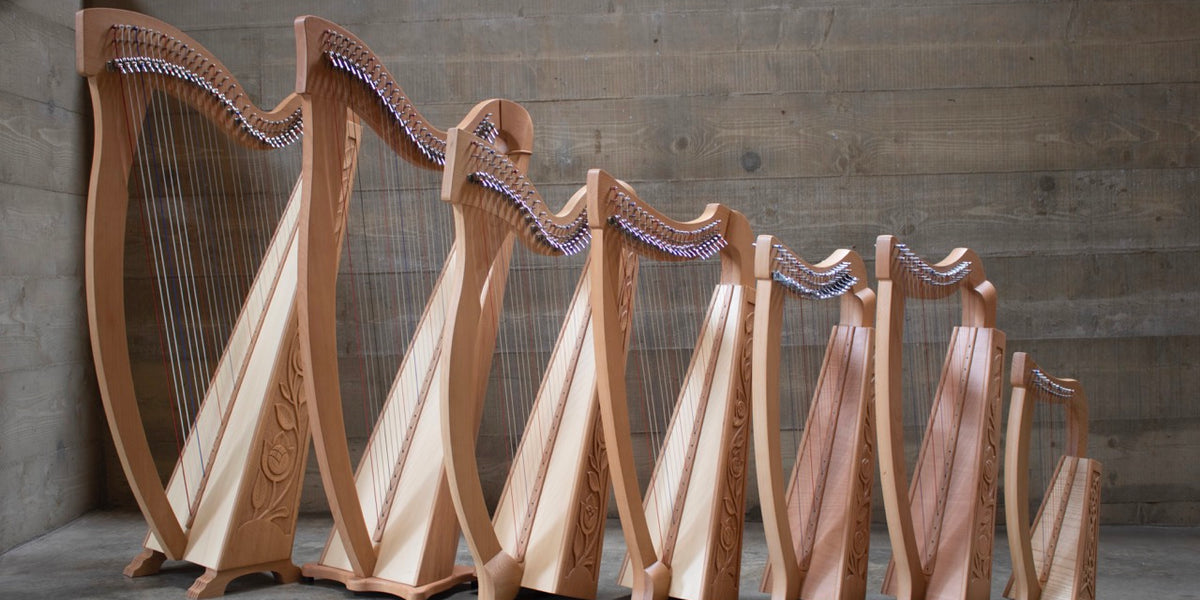
The protection offered by dry cabinets extends far beyond mere preservation. It ensures that your musical instruments retain their original craftsmanship, structural integrity, and sound quality. Investing in a dry cabinet tailored to the specific needs of your instruments is a commitment to the longevity of your musical companions, allowing you to produce beautiful music for years to come.

